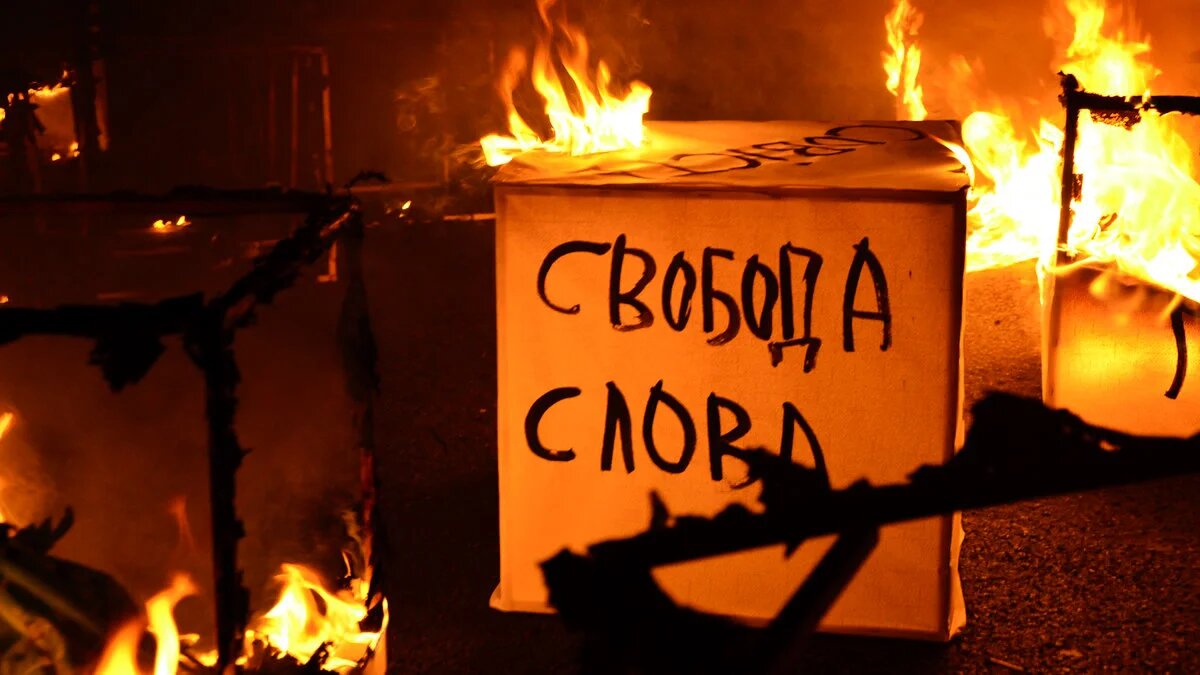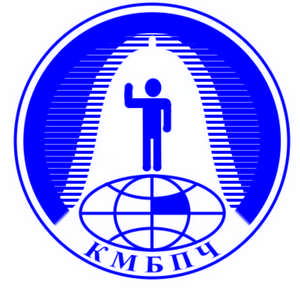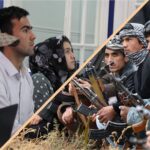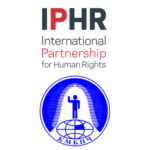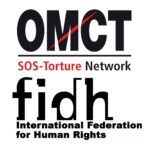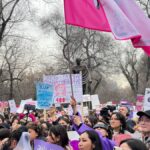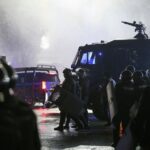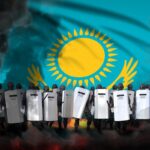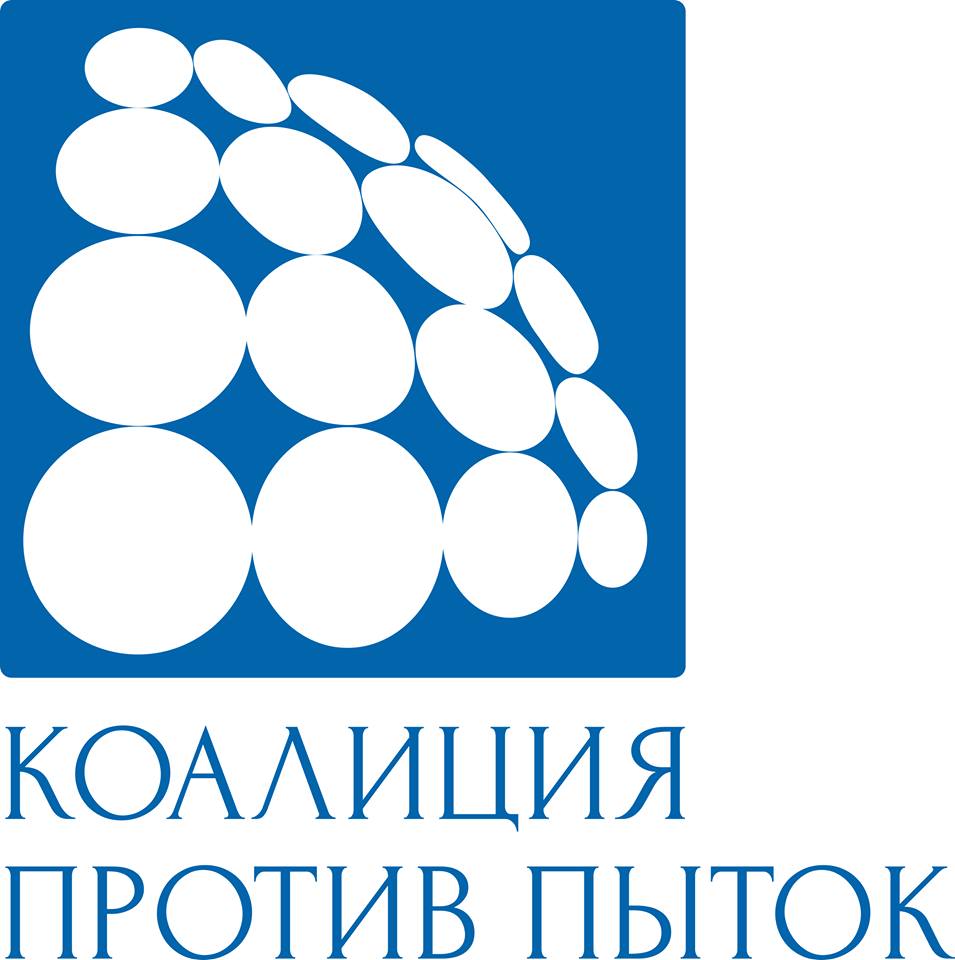UN Special Rapporteur on the promotion and protection
of the right to freedom of opinion and expression, David Kaye
OSCE Representative on Freedom of the Media, Harlem Desir
Kazakhstan introduced a state of emergency from March 16, 2020 throughout the country to combat coronavirus infection and prevent the country’s economic crisis amid falling oil prices, a devaluation of the national currency and a reduction in demand for raw materials exported from Kazakhstan.
The introduction of a state of emergency limits the implementation of civil, political, economic rights of citizens of Kazakhstan. Temporary restrictions were imposed on freedom of movement, freedom of peaceful assembly, the activities of shopping and entertainment centers, cinemas, theaters, exhibitions and other objects with a large crowd of people were suspended
In many ways, for states such as Kazakhstan, the UN called for not using the coronavirus pandemic as an excuse for violating civil rights and freedoms, as well as for suppressing dissent.
“With respect to COVID-19, emergency powers should be exercised for legitimate health purposes, and not as a basis for suppressing dissent, suppressing the activities of human rights defenders and journalists, or for taking any other actions that are not necessary to solve health problems,” indicated in the UN Guide to Combating COVID-19. UN experts fear that some states and their special services may use the pandemic as a pretext for introducing excessive restrictions on rights and freedoms.
Given these UN recommendations, the situation in Kazakhstan seems quite alarming.
Restrictions on the professional rights of journalists and the media
In addition to the Law of the Republic of Kazakhstan “On the state of emergency”, which already contains restrictions on freedom of expression, freedom of speech and access to information, local authorities take additional restrictive measures.
For example, not all media are classified as organizations or institutions whose activities should continue even in a state of emergency, therefore:
– Journalists have difficulty moving to cities where quarantine is declared. A sophisticated system for confirming their professional status through various electronic databases has been introduced. This complicates the work of foreign media and their correspondents in the country, as they have accreditation issued by the Ministry of Foreign Affairs of the Republic of Kazakhstan and do not have national business identifiers for inclusion in the database;
– the print press is experiencing problems associated with the retail distribution of print runs due to the quarantine regime;
– access to information on the activities of state bodies is hindered, information requests are processed in violation of the deadlines; Briefings and press conferences of government representatives are held online without the participation of journalists. Reporters note that sharp and resonant questions remain unanswered by government bodies during briefings and press conferences. Journalists have difficulty covering litigation due to technical difficulties and communication problems. The right of citizens to a public trial is limited.
Criminal prosecution of citizens, arrests of civil activists, bloggers and journalists
The state of emergency repeatedly reinforces measures of responsibility and punishment for committing administrative offenses and criminal offenses.
Despite the numerous recommendations of the UN Human Rights Council, treaty bodies and UN special procedures in Kazakhstan, libel and insult are still not decriminalized, criminal punishment (including imprisonment) for inciting hatred (article 174 of the Criminal Code of the Republic of Kazakhstan) and dissemination are actively applied knowingly false information (Article 274 of the Criminal Code of Kazakhstan).
For one month the state of emergency was detained, arrested, or under recognizance not to leave:
– Zaure Mirzakhodzhaeva and Maria Melnikova, journalists from different regions of Kazakhstan, were interviewed into police as witnesses on the criminal cases which charged after their publications.
– Arman Shuraev, a former media manager and head of one of the national television channels (a criminal case was instituted after the publication of an interview in one of the publications in Kazakhstan, now case is cancelled);
– civic activist Alnur Ilyashev (a criminal case was instituted after the publication of critical posts on the social network regarding the activities of the ruling Nur Otan party);
– journalist Ulan Shamshet;
– Blogger and civic activist Gennady Krestyansky.
– bloggers Dias Moldalimov and Arman Khasenov.
Discussion of bills that regulate the activities of journalists and the media in Parliament without the participation of a professional community
Despite the imposition of a state of emergency, the Parliament of the Republic of Kazakhstan continued consideration of the draft law “On the procedure for organizing and conducting peaceful assemblies”. The bill provides for legal regulation of the activities of journalists to cover peaceful assemblies. For example, journalists are obligated to follow the order and not impede the activities of state and law enforcement agencies during peaceful meetings, in turn, the state authorized body (Ministry of Information and Public Development of the Republic of Kazakhstan) must adopt special rules for journalists. This bill was discussed without the participation of representatives of the journalistic community in the lower house of the Parliament of the Republic of Kazakhstan.
Dear Sirs,
We ask you to appeal to the President, the Government and the Parliament of the Republic of Kazakhstan with an appeal:
– strictly follow UN recommendations and refrain from using the state of emergency to suppress any public criticism of the authorities and prosecuting those who exercise their right to freedom of speech and expression, receive and disseminate information
– on the inadmissibility of restrictions on freedom of expression, freedom of speech and access to information, restrictions on the professional rights of journalists and the media during a state of emergency;
– on decriminalization of all acts related to the exercise of the right to freedom of expression in the criminal legislation of the Republic of Kazakhstan (slander, insult, dissemination of knowingly false information, incitement to hatred).
Signatures:
Yevgeniy Zhovtis, Kazakhstan International Bureau for Human Rights and Rule of Law,
Diana Okremova, Legal Media Centre,
Tamara Kaleyeva, International foundation for protection of freedom of speech “Adil soz”,
Marat Bigaliyev, Representative Office of Internews in Kazakhstan.
April, 2020


